Directory
- Share
Aiden Sagerman
- Alumni
- United States
- 2024 MPhil History and Philosophy of Science and Medicine
- Trinity College

Aiden Sagerman
- Alumni
- United States
- 2024 MPhil History and Philosophy of Science and Medicine
- Trinity College
I grew up in San Francisco, California, and completed a B.A. in Comparative Literature & Society and Mathematics at Columbia University. I’m broadly interested in the relationship between technical knowledge and social order, particularly in the histories of eugenics and mathematics. My work at Columbia has focused on transnational collaboration in early-twentieth-century eugenics, interrogating how eugenicists in America collaborated with their European counterparts across national boundaries and political disagreements. As a Gates Cambridge scholar, I will continue to study histories of eugenics and concepts of race, transnational scientific collaboration, and mathematics and quantification. Throughout, I seek to explore what the recent past can teach us about the politics of today as eugenic thought, international right wing movements, and (frequently inscrutable) mathematical reasoning continue to grow in political relevance. As someone with interests across the humanities, the social sciences, and STEM, I am thrilled to join a community of interdisciplinary scholars dedicated to bridging the academy and the public sphere.
Previous Education
Columbia University Comparative Literature, Math 2024
Jonathan Salamon
- Scholar
- United States
- 2024 PhD Music
- Emmanuel College
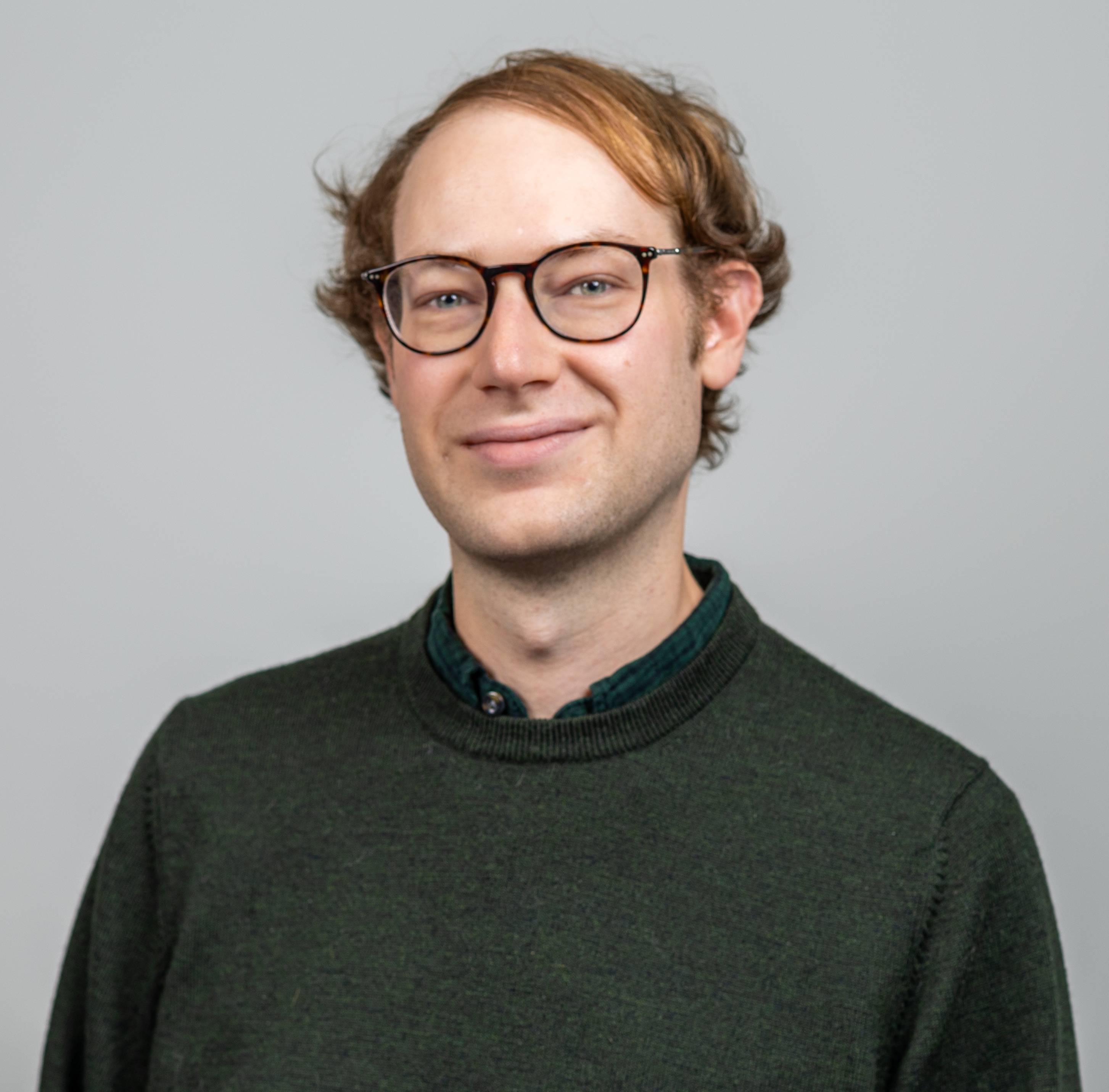
Jonathan Salamon
- Scholar
- United States
- 2024 PhD Music
- Emmanuel College
I've long been fascinated by how composers compose. Throughout my years studying piano and harpsichord performance, I found myself delving more deeply into music theory and exploring the blurry lines between improvisation, composition, and performance in baroque music. This led to my current project at Cambridge, in which I reveal the 'building blocks' of Handel's keyboard music to understand what makes it characteristically 'Handelian'. Studying Handel's music in England, his adopted home, makes this research experience even more exciting. As a committed educator and arts advocate, I am passionate about making classical music accessible to all through teaching, writing, and performing. Showing audiences how the music they love works makes it all the more approachable and engaging.
Previous Education
Yale University
New York University
Links
Sara Sherbaji
- Scholar
- Syrian Arab Republic
- 2024 PhD Biological Anthropology
- King's College

Sara Sherbaji
- Scholar
- Syrian Arab Republic
- 2024 PhD Biological Anthropology
- King's College
Since leaving Syria during the war, my goal has been to try to understand human behaviour in its most fundamental aspects. What is it that makes people think and act, individually and communally, in the way that they do? To this end, I am carrying out a doctorate in biological anthropology, a discipline which seeks to answer these questions through analysis of our physical makeup and deep history. Specifically, through the application of the principles and tools of the evolutionary sciences, biological anthropology aims to uncover ‘human nature’ in its broadest and most universal aspects. My particular area of research is the cause of our success as a species: is this to be attributed more to our powers of theoretical understanding, or to our ability to follow, transmit, and refine cultural norms and practices? I intend to conduct a series of experiments and develop a range of computational models to investigate the issue. I am incredibly fortunate to have the opportunity to work with the Gates Foundation. With their support, I hope to expand our understanding of the human species, i.e. each other, and thereby make a world with fewer man-made tragedies.
Previous Education
University College London Human Evolution and Behaviour 2024
Heriot-Watt University, Dubai Psychology with Management 2016
Ankit Singh
- Scholar
- India
- 2024 PhD History
- Trinity College
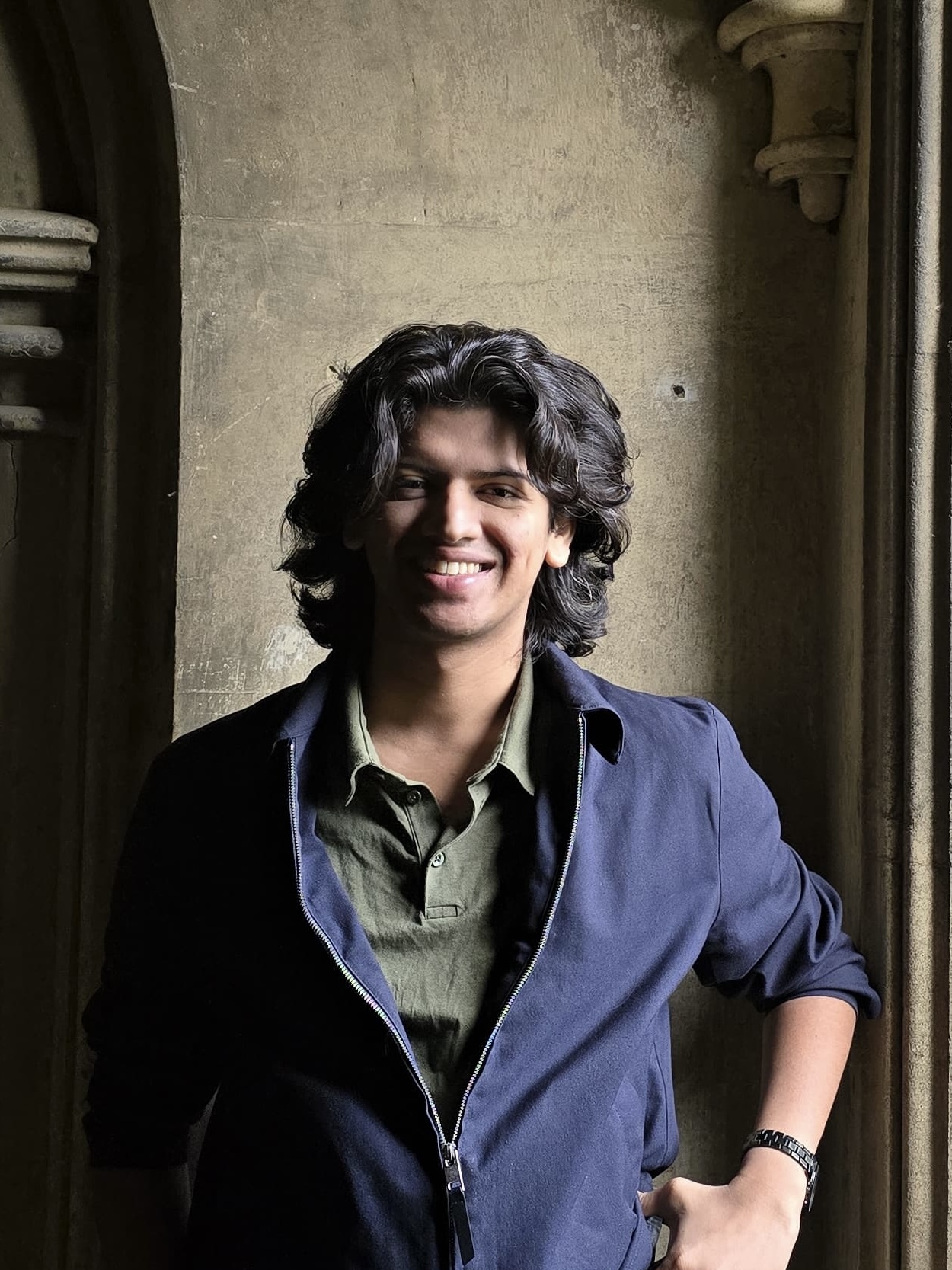
Ankit Singh
- Scholar
- India
- 2024 PhD History
- Trinity College
I study labour legislation as a strategic apparatus of capitalist hegemony, stabilising the dominance of capital by offering limited protections while simultaneously reproducing elements of earlier control regimes. It reflects a form of instrumentalism exercised by an alliance between the colonial state, and later the postcolonial nation-state, and capital. At the same time, it deflects demands for structural change and institutionalises the subordination of labour to capital. For my PhD, I examine the history of the Workmen's Compensation Act and related laws on disablement benefits and employers’ liability, assessing their developments with shifts in the dominant modes of production in modern India. For my research, I present a micro-history of the iron and steel industry during the colonial period to examine the colonial mode of production and the introduction of international labour legislation. The social relations of production are explored through archival research on industries such as British Iron & Steel Corporation (BISCO) and TATA in India, both established in the early twentieth century. The dominant mode of production and history of compensation are traced in this colonial context. Through accounts of unionisation, movement formation and resistance, the hypothesis of hegemony maintained through labour legislation is critically assessed. My study then proceeds to the history of automobile manufacturing in the postcolonial and contemporary periods. Beginning with early industrial developments involving Bajaj and Hind Motors, the research will extend to corporations such as Maruti, Hero and Honda in the neoliberal era. Questions of industrial safety and compensation will be examined through the archival sources. The study will also draw on primary data collected through extensive field engagement, oral histories, and archival accounts of labour in New Delhi, Kolkata and Mumbai. Historical accounts of labour and labour movements will be sourced from trade union archives, labour newsletters (e.g. Gurugram Workers News and Faridabad Mazdoor Samachar), and official Indian government records. Labour legislation, since its inception in both metropoles and colonies, has functioned as a tool of imperial dominance. By standardising the social relations of production, I argue that it reorganises consent without fundamentally altering the relations of exploitation. Through disciplining the workforce and regulating labour turnover in the global North after WWI, labour legislation characterised the “Fordist compromise.” During the war years, as industrial spaces began to change, resistance from the working class was met with a series of employer and state-sanctioned negotiations for reintegrating labour into the circuits of global capital. This process ideologically maintained colonial dominance by gradually facilitating a shift of production in the global South, while simultaneously containing working-class resistance through the remodelling of the social relations of production.
Previous Education
Jawaharlal Nehru University Development and Labour Studies 2022
Christ University, Bangalore Economics (Honours) 2020
Links
Aryaman Raj Sokhal
- Scholar
- India
- 2024 PhD Chemistry
- Queens' College
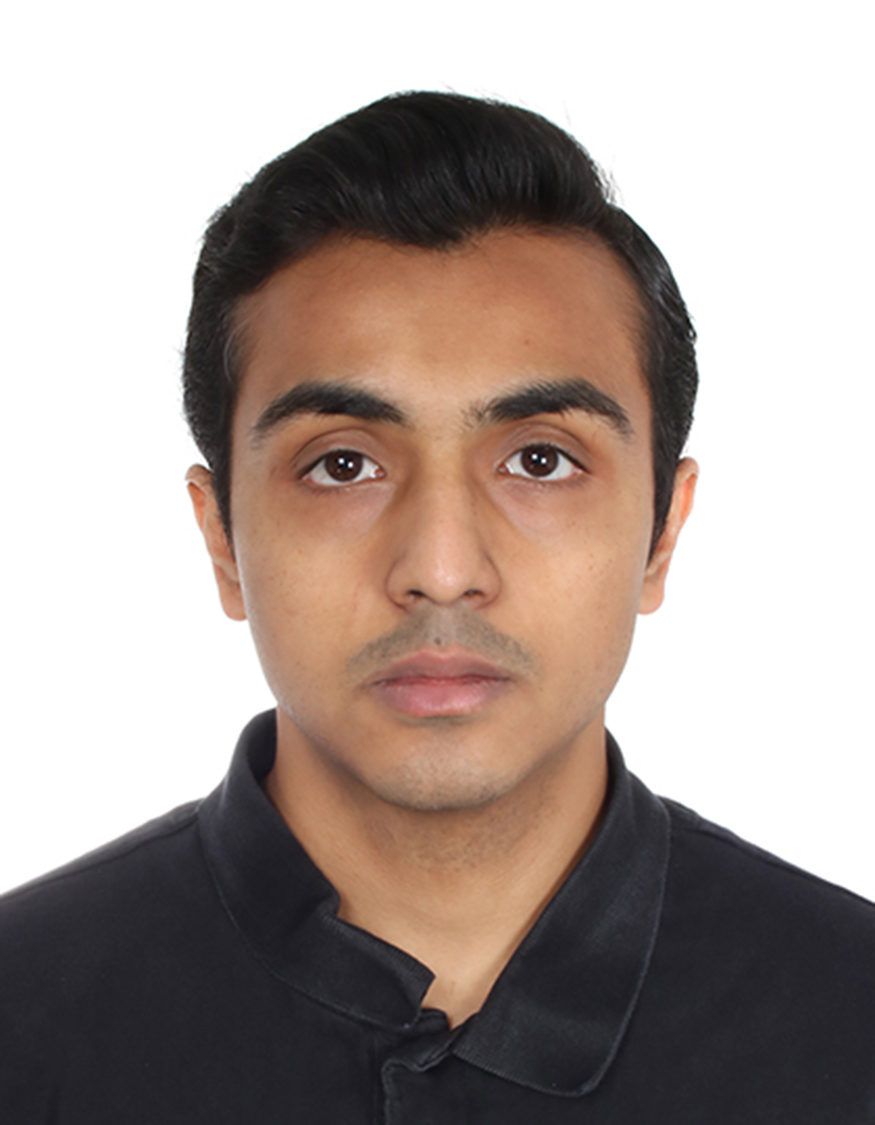
Aryaman Raj Sokhal
- Scholar
- India
- 2024 PhD Chemistry
- Queens' College
I grew up in New Delhi, India. At the age of three, I was diagnosed with asthma, and it was then that I developed a deep fascination with how medicines could so easily relieve my symptoms. This fascination led me to the University of Cambridge for an integrated Master's degree in Chemistry, which I could use as a tool to contribute to the development of drugs that could help so many people in need around the world. Thanks to the Gates Cambridge Scholarship, I am one step closer to this goal as I will pursue my PhD in synthesising drugs that could potentially be used to treat cancers resistant to traditional chemotherapy. I am highly grateful to become a part of this community of diverse individuals with one common goal - the betterment of mankind. I look forward to enriching discussions and projects with fellow Gates Cambridge Scholars, which will not only improve my perspective on the wider world but will also have an incredible impact on humanity.
Previous Education
University of Cambridge Natural Sciences Tripos 2024
University of Cambridge Natural Sciences Tripos 2023
Paula Suchantke
- Scholar
- Germany
- 2024 PhD Polar Studies
- Newnham College
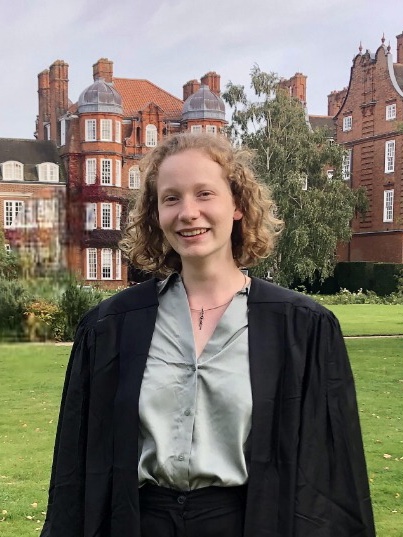
Paula Suchantke
- Scholar
- Germany
- 2024 PhD Polar Studies
- Newnham College
During my undergraduate degree in Geography at Cambridge I became fascinated with glaciology, leading me to pursue an MPhil degree in Polar Studies at the Scott Polar Research Institute. My research interests have gradually become focussed on Antarctic ice shelves – the floating extensions of outlet glaciers that restrain the discharge of glacial ice into the ocean. Under increasing atmospheric temperatures vast meltwater systems are likely to become more prevalent across ice shelves in Antarctica, which poses a threat to their stability as water provides a powerful mechanism of driving fractures through the ice. In my doctoral research, I will continue to focus on the stability of ice shelves in Antarctica. Using remote sensing and machine learning techniques I will set out to produce a continent-wide, three-dimensional dataset of meltwater storage and potential flow pathways on Antarctic ice shelves. In this way, I endeavour to further our understanding of the sensitivity of the Antarctic ice sheet to anthropogenic climate change and thereby hope to contribute to a growing body of scientific literature that informs policymaking in a time of environmental crisis.
Previous Education
University of Cambridge Polar Studies 2024
University of Cambridge Geography 2022
Katerina Sviderska
- Scholar
- Canada
- 2024 PhD Politics and International Studies
- King's College
Katerina Sviderska
- Scholar
- Canada
- 2024 PhD Politics and International Studies
- King's College
Originally from Kherson, Ukraine, I grew up in Montreal, Canada. I hold a B.Sc. in International Studies from Université de Montréal and an M.Sc. in Political Science from the same institution. My research interests focus on European politics and nationalism studies, particularly in Eastern Europe and the South Caucasus. My award-winning master's thesis examined Russian historical myths about Ukraine, while my broader work explores European integration, nation-building, and identity politics. As a PhD Candidate in Politics and International Studies at the University of Cambridge, I investigate Ukraine’s path to EU candicacy from a socioidentitary point of view. A firm believer in the transformative power of education, I have held various research, teaching, and mentoring positions. I engage in policy-orientated scientific projects in Canada and regularly collaborate with various human rights and cultural preservation organisations in Ukraine.
Previous Education
Universite de Montreal Political Science 2024
Universite de Montreal International Studies 2022
Sydney Swedick
- Scholar
- United States
- 2024 PhD Clinical Neurosciences
- Darwin College
Sydney Swedick
- Scholar
- United States
- 2024 PhD Clinical Neurosciences
- Darwin College
As a child, I was found taking photos next to my train track creations, being enthralled by my father’s construction projects, and fiddling with computers. As I got older I never lost the adrenaline rush from the magic done with my own two hands. I would be an engineer, and the type became clear through my spinal fusion surgery at twelve–biomedical engineering. Through the guidance of incredible mentors, I have conducted neuroscience research at Johns Hopkins and Harvard Medical School, as well as regenerative medicine at my undergraduate institution, University at Buffalo. At the University of Cambridge I will combine neuroscience and biomedical engineering to create a device that involves flexible electronics and tissue to restore sensory perception after peripheral nerve injuries; a treatment we hope to adapt for after strokes, traumatic brain injury, and spinal cord injury. Additionally, coming from a small rural town, I will continue to advocate for educational equity gaining a global perspective on the disparities within the system. Afterwards, I plan to go to medical school working towards creating innovative solutions to the world’s most devastating healthcare issues, and starting my own biotechnology company.
Previous Education
University at Buffalo Biomedical Engineering 2024
Schenectady Community College Science 2022
Marianna Szambelan
- Scholar
- Poland, United States
- 2024 PhD Physics
- Darwin College
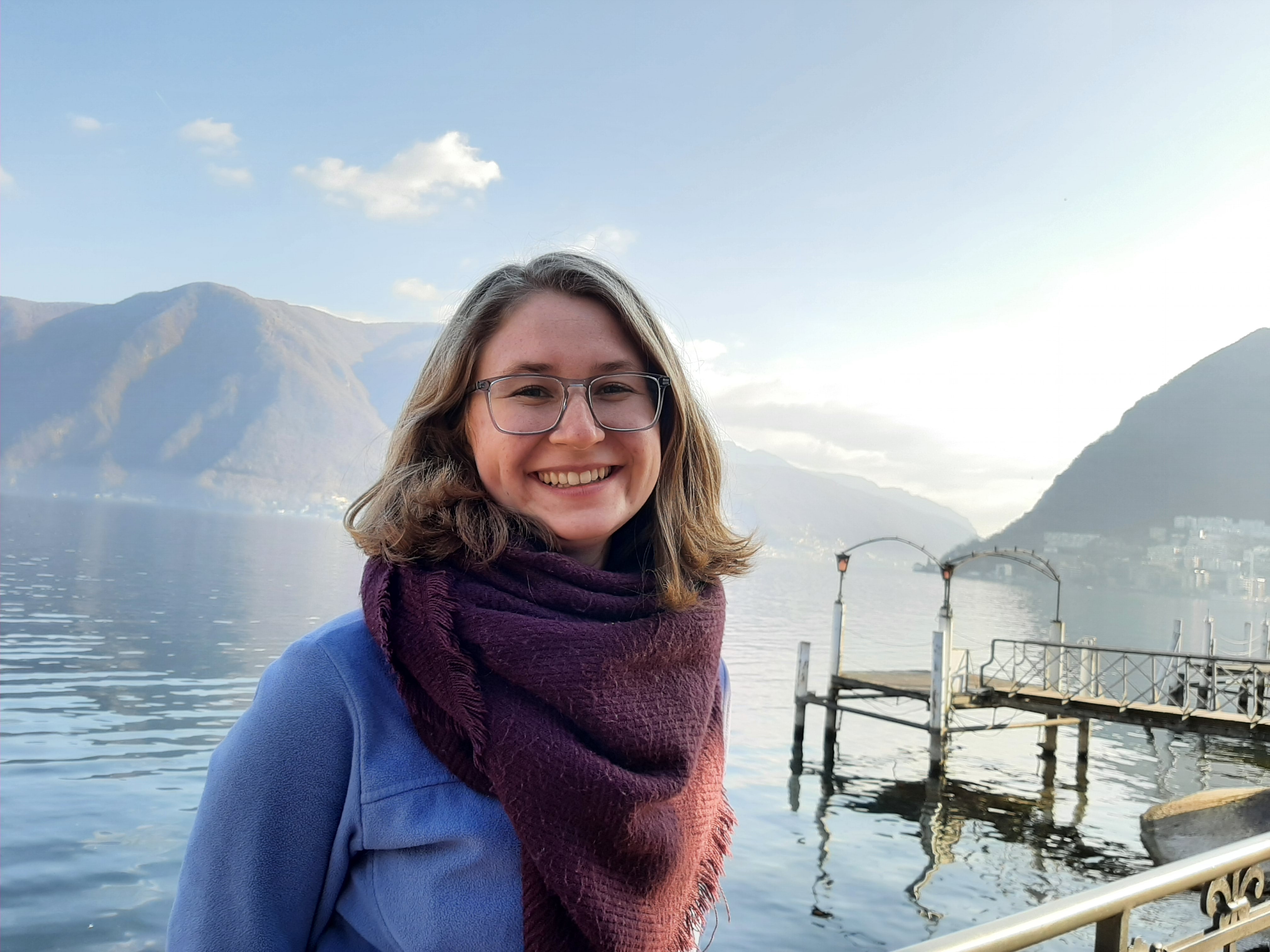
Marianna Szambelan
- Scholar
- Poland, United States
- 2024 PhD Physics
- Darwin College
My curiosity for physics began in a high school classroom in California with a simple question: how can I describe the natural world? The quest to answer this has led me first to Switzerland to complete a BSc in Physics at ETH Zurich, and then to Cambridge for an MPhil in Scientific Computing with the support of the DeepMind Scholarship. Along the way, I’ve leveraged the power of computational physics, which is a vital tool for understanding physical phenomena that are otherwise difficult or even impossible to study. During my PhD, I will focus on the design of nuclear fusion reactors. Using high power computing to generate state of the art numerical simulations will enable me to explore both the stability of the plasma within the reactor as well as to optimise the design of the reactor itself. Through this project I will join the global and interdisciplinary effort to accelerate the path towards harnessing the power of nuclear fusion and providing a clean and economic energy source.
Previous Education
University of Cambridge Scientific Computing 2024
ETH Zurich Physics 2023
Tomás Tancredi
- Scholar
- Brazil, Italy
- 2024 PhD Social Anthropology
- King's College
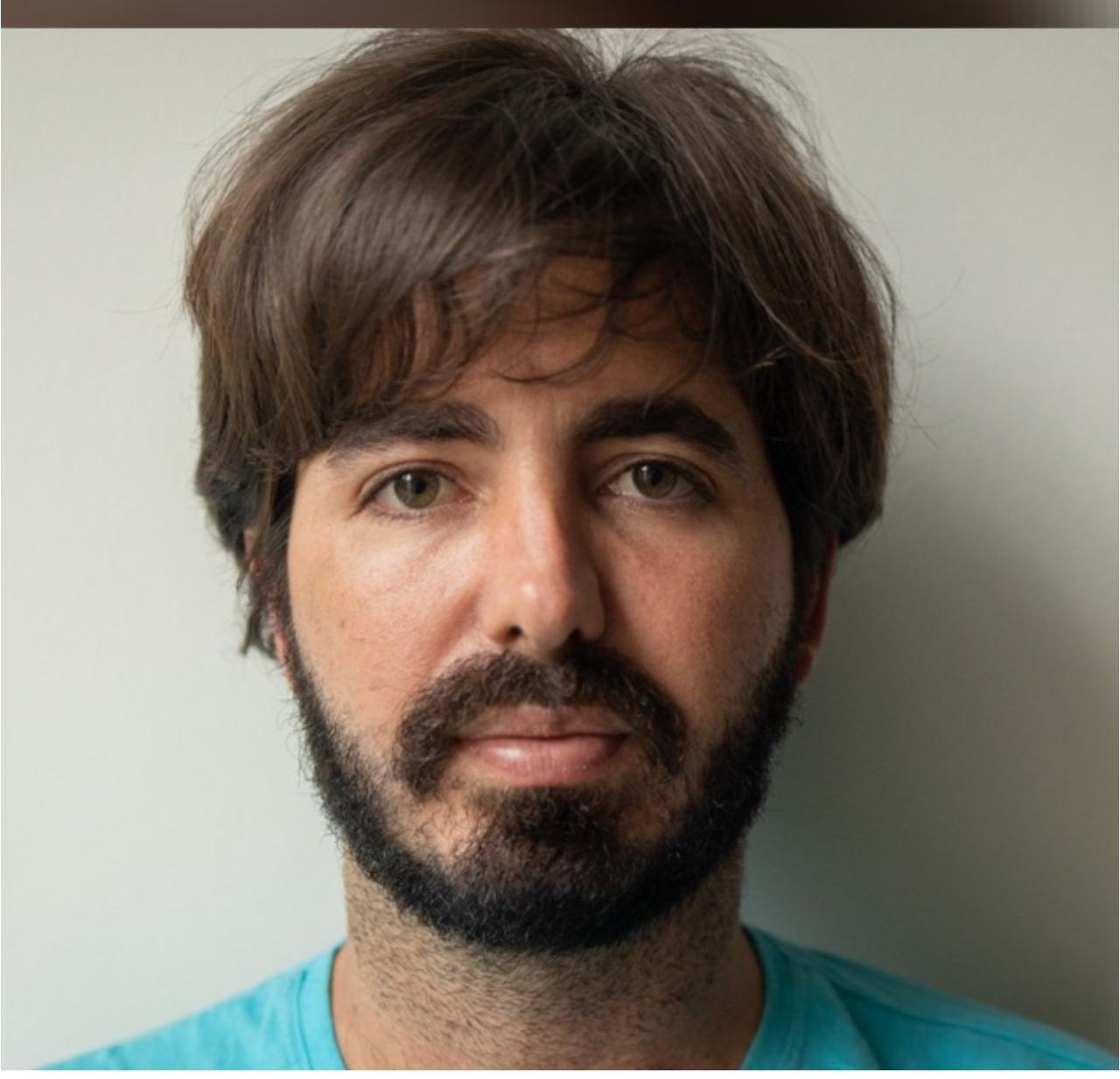
Tomás Tancredi
- Scholar
- Brazil, Italy
- 2024 PhD Social Anthropology
- King's College
I grew up in Florianópolis, southern Brazil, where I graduated as a psychologist at UFSC. I moved to Rio de Janeiro for a master's degree in Sociology and Anthropology at UFRJ. Since 2020 I lived in Roraima state, northern amazon, working for UN agencies and one Indigenous Organisation. During my master's, I researched the topic of indigenous suicide. My PhD research shifts the focus to indigenous politics in related to exctrativism, climate emergency, autonomy and colonialism.
Previous Education
Federal University of Rio de Janeiro Social Anthropology 2023
Universidade Federal de Santa Catarina Psychology 2017
Universita Degli Studi Bologna Antropologia Culturale
Aashka Tank
- Alumni
- India
- 2024 MPhil Innovation, Strategy and Organisation
- Robinson College
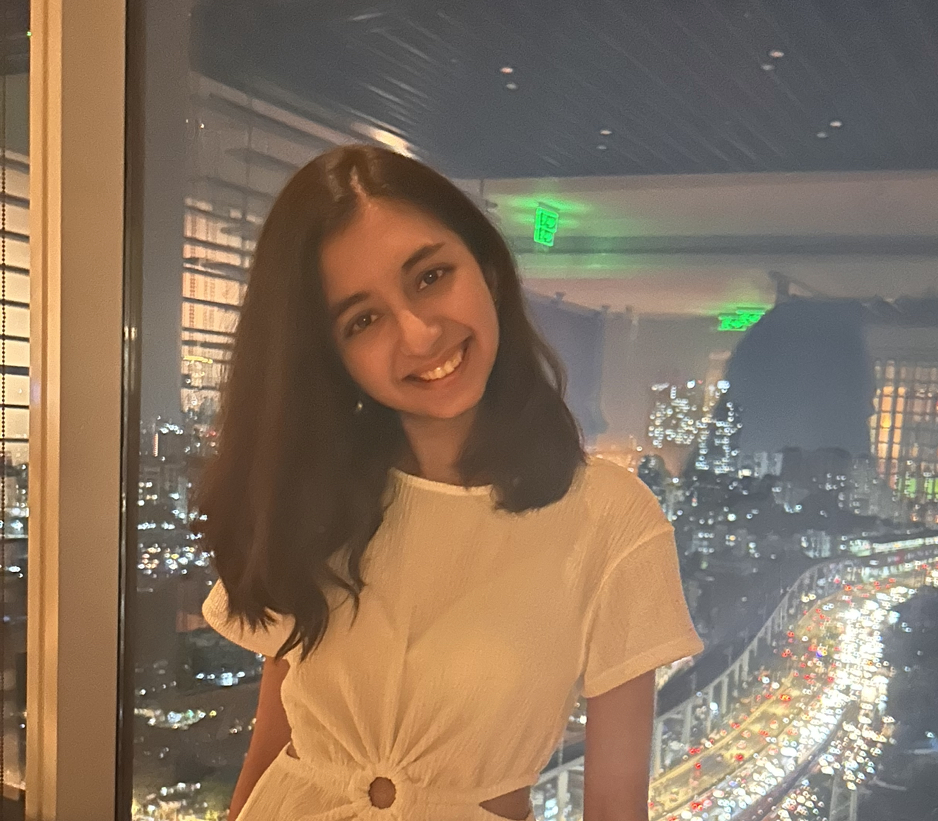
Aashka Tank
- Alumni
- India
- 2024 MPhil Innovation, Strategy and Organisation
- Robinson College
My early stint as the youngest intern in the upper house of the Indian parliament and more recently, on an election campaign for the Minister of Industry and Commerce, as well as devouring narrative non-fiction fuelled a resolve to bend the arc of my environs. Thus, being offered a scholarship with an emphasis on leveraging one's education to grapple with the thorniest challenges in the world is an incredibly salient milestone. While my experience as a research lead at King’s introduced me to organisational theory, independently exploring the notions of dynamic capabilities and the innovators’ dilemma that established behemoths face allowed me to make sense of both impact driven startups in Mumbai and fintech upstarts bent on scaling up that I had encountered in London. This led me to my degree and now I plan to use the tripartite lenses of innovation, strategy and organisation to unpack the conception of imprints as internal startups in the publishing industry; hedging risks through different kinds of title acquisitions and continually remoulding the cultural strategy of the business to capture the zeitgeist.
Nathalie Tarabay
- Scholar
- Lebanon
- 2024 PhD Chemical Engineering
- Darwin College
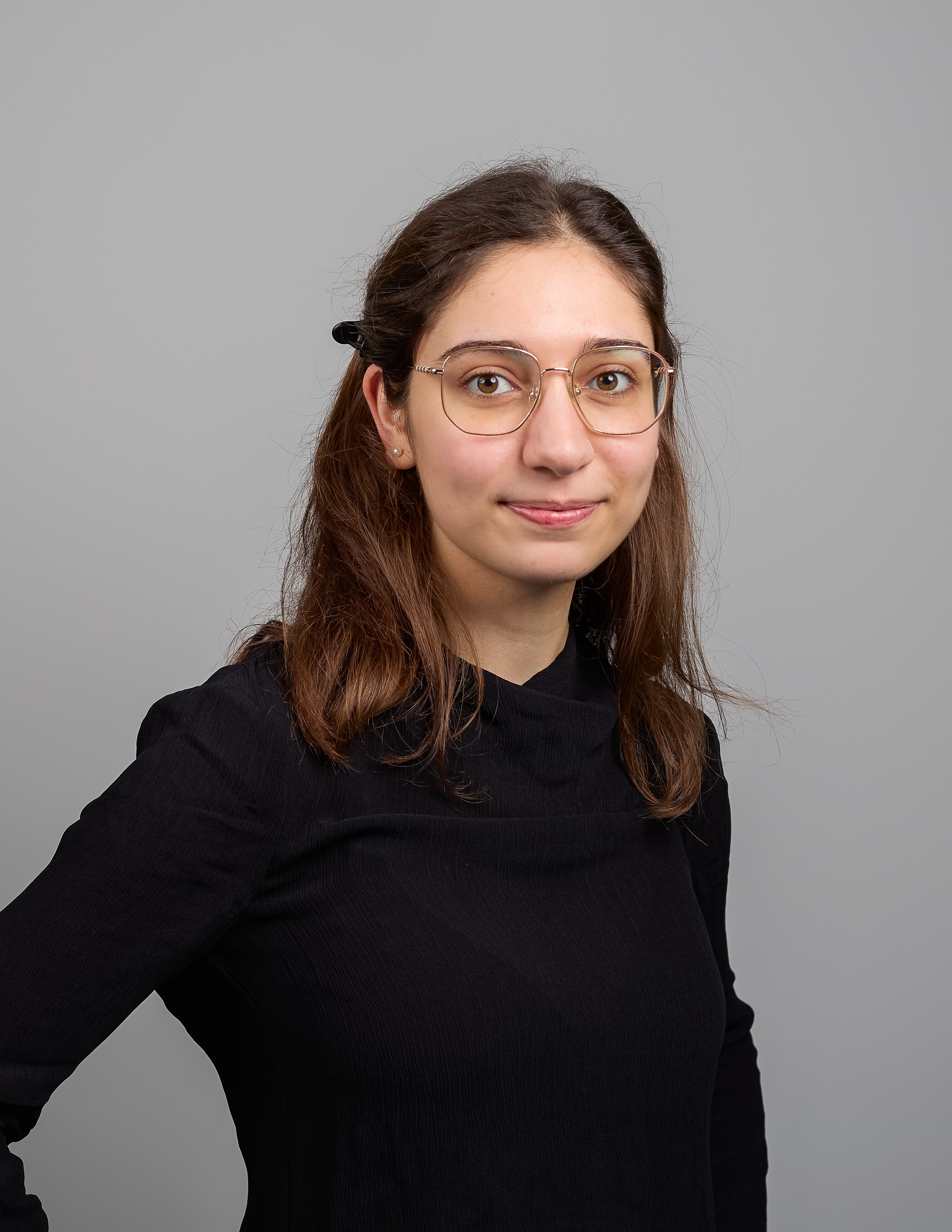
Nathalie Tarabay
- Scholar
- Lebanon
- 2024 PhD Chemical Engineering
- Darwin College
I grew up in Lebanon and completed my undergraduate education in Chemical Engineering at the Holy Spirit University of Kaslik. My previous research primarily focused on the resource security continuum, encompassing projects related to food, water, and energy security. While addressing these critical challenges, I became increasingly mindful of the health implications of our decisions in these areas. As we navigate these transformations, it is evident that numerous diseases continue to claim lives, persisting as severe, unresolved clinical conditions. Motivated by this awareness, I resolved to channel my background in Chemical Engineering towards contributing to the field of healthcare. This led me to pursue further studies by enrolling in the MPhil program in Advanced Chemical Engineering at Cambridge, generously supported by a scholarship from the Cambridge Trust and the Bseisu Foundation. Here, my research is currently dedicated to developing theranostic metal-organic frameworks aimed at facilitating certain forms of cancer treatment. As I pursue both my master's and Ph.D., my aim is to contribute significantly to this field with the goal of improving patient outcomes and alleviating the global burden of disease.
Previous Education
University of Cambridge Advanced Chemical Engineering 2024
Holy Spirit University Kaslik Chemical Engineering 2023
Ifeanyi Umunna
- Alumni
- United States, United Kingdom
- 2024 MPhil Criminology
- Murray Edwards College (New Hall)

Ifeanyi Umunna
- Alumni
- United States, United Kingdom
- 2024 MPhil Criminology
- Murray Edwards College (New Hall)
I am the proud daughter of an immigrant single mother. My extended family’s experiences with incarceration inform my worldview and push me to dedicate my career to ameliorating the American criminal justice system. As an undergraduate student at American University, I had the delight of serving the D.C. community through varied volunteer positions, including interning with Public Defenders’ offices and supporting local homeless outreach efforts. In these spaces, I learned from the firsthand experiences of justice-involved people, leading me to start ZeEntry, a nonprofit organization dedicated to closing the tech gap in the criminal justice system by connecting justice-involved individuals to Gen Z volunteers. During my MPhil in Criminology at Cambridge, I will study the policies that influence international criminal justice systems and consider how they might be improved to the benefit of all members of society. I am deeply honored to join the Gates Cambridge community as we collectively strive to contribute to a better world.
Previous Education
American University Washington Political Science 2023
Links
Alexa Uriostegui
- Alumni
- United States
- 2024 MPhil Latin-American Studies
- Darwin College
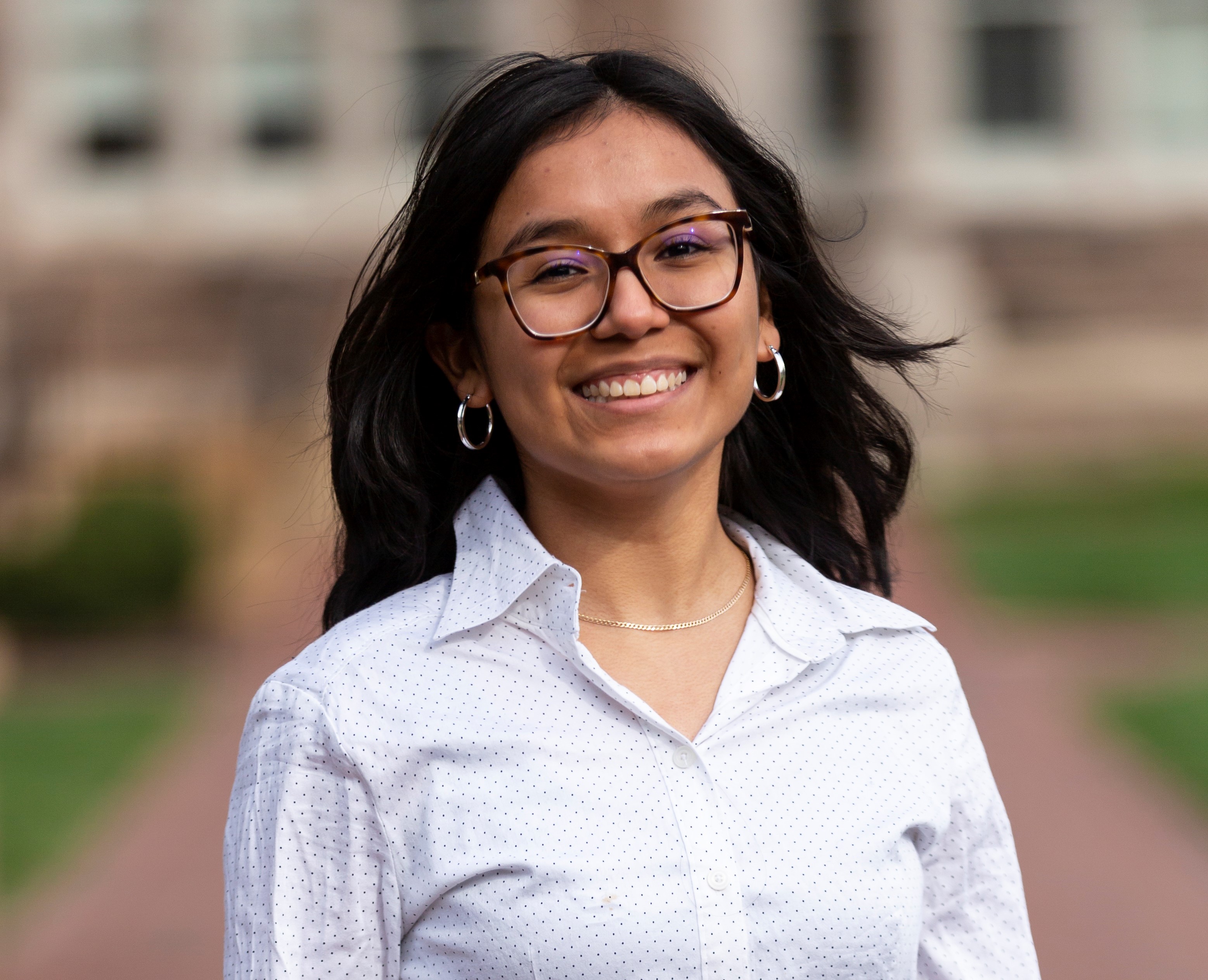
Alexa Uriostegui
- Alumni
- United States
- 2024 MPhil Latin-American Studies
- Darwin College
As the daughter of Mexican immigrants, my connection to Latin America started long before I was born. My family members were the first to plant the seeds of my interest in “philosophies of hope” that I would cultivate during my undergraduate career in Latin American Studies and Spanish at Washington University in St. Louis. In a time when democracy’s future seems uncertain, the Mellon Mays Undergraduate Fellowship allowed me to engage in deep studies of social movements, rekindling my faith in the powerful possibility of collective change. At the root, I am intrigued by social movement theory and particularly, transnational and transracial/transethnic social movements in Latin America. During the MPhil in Latin American Studies at Cambridge, I hope to research how anarcho-punks in Brazil and Mexico use art and music to mobilize their subculture, align themselves with political movements, and educate their surrounding communities. As a current and future educator, I see it as my civic duty to unearth these stories of youth coming together to make a change in society. In addition to my studies, I will collaborate with youth development organizations, local libraries, and museums to put my research into practice. It is an incredible honor to join the Gates Cambridge community.
Previous Education
Washington University Latin American Studies 2023
Lisa Valentini
- Scholar
- Italy
- 2024 PhD Pure Mathematics and Mathematical Statistics
- Clare Hall

Lisa Valentini
- Scholar
- Italy
- 2024 PhD Pure Mathematics and Mathematical Statistics
- Clare Hall
Mathematics suits how my brain works: I enjoy connecting concepts, much like trails and paths connect places on a map. In my studies at the University of Genova, I have developed a strong interest in spectral theory, harmonic analysis and functional analysis, which represent an exciting fusion of analytic questions, algebraic tools, and topological substrates. I completed my Master’s degree with a visiting stay at the Applied Harmonic Analysis Cluster of the University of Vienna and a thesis in time-frequency analysis. I am currently a PhD student in the Department of Pure Mathematics and Mathematical Statistics (DPMMS), supervised by Clément Mouhot.
Previous Education
Universita Degli Studi di Genova Mathematics 2024
Universita Degli Studi di Genova Mathematics 2022
Links
https://sites.google.com/view/lisavalentini/home-page
https://www.linkedin.com/in/lisa-valentini
Alejandra Vijil Morin
- Scholar
- Italy, Nicaragua
- 2024 PhD Education
- Hughes Hall
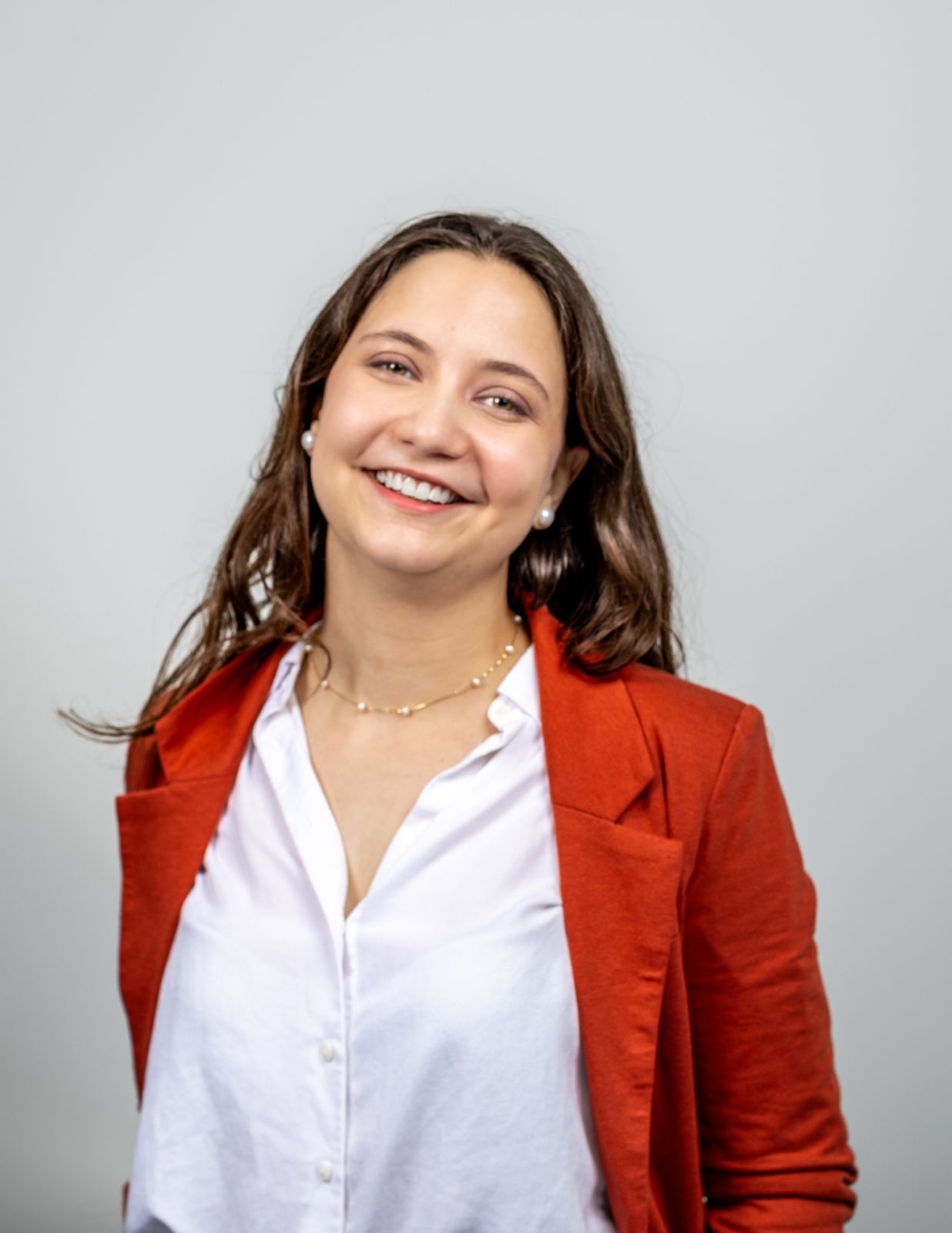
Alejandra Vijil Morin
- Scholar
- Italy, Nicaragua
- 2024 PhD Education
- Hughes Hall
I am a researcher, psychologist, and educator passionate about fostering safe, sensitive and playful conditions for learning. I studied Psychology in UCA, Nicaragua and later an MPhil in Psychology and Education at the University of Cambridge with a Chevening scholarship. I have worked as a teacher, therapist, researcher and implementer of educational projects in Latin America, the Caribbean, and sub-Saharan Africa. Coming from the Nicaraguan permanent state of emergency, I am confident in the transformative power of education and play to promote collective wellbeing and lasting peace. Instead of a deficit narrative regarding children in emergencies, my research proposal aims to acknowledge the creative ways in which children facing adversity use play. In the midst of pain, play sneaks in to offer not only a moment of joy, but agency over the narrative, control over the uncontrollable. Play offers the possibility to practice the strategies that allow children to overcome the adversity from which we have unjustly failed to protect them.
Previous Education
University of Cambridge Psychology and Education 2021
Universidad Centroamericana Psychology 2019
Júlia Viladevall Sánchez
- Scholar
- Spain
- 2024 PhD Haematology
- Downing College
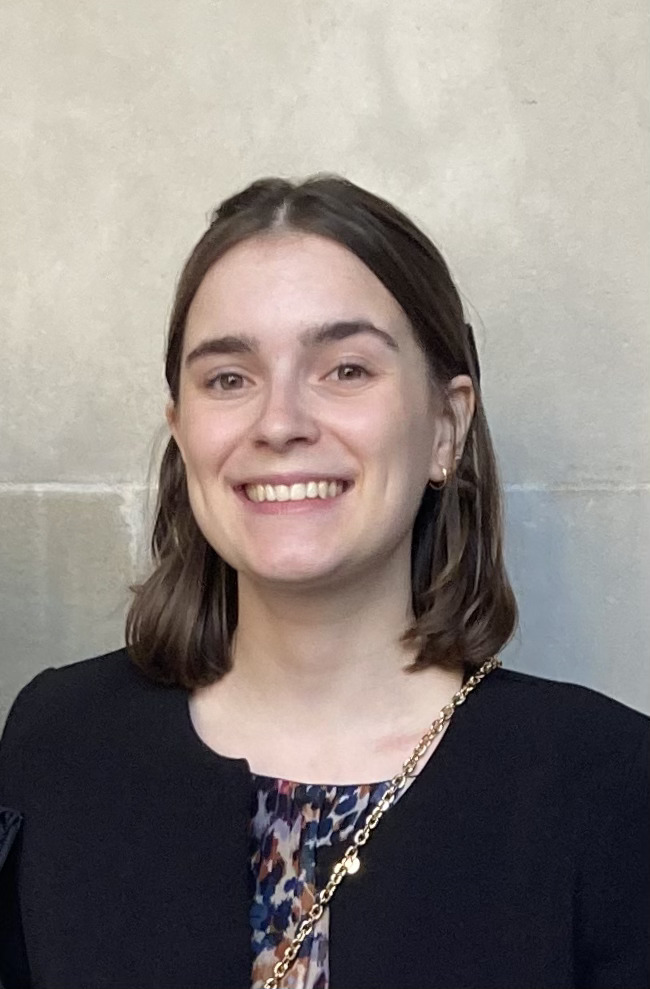
Júlia Viladevall Sánchez
- Scholar
- Spain
- 2024 PhD Haematology
- Downing College
My research experiences to the date have made me discover my passion for developmental haematology, a field that lies in the intersection between developmental, stem cell and cancer biology. My commitment to research in the field goes far beyond my academic training. As a former blood cancer patient, I aim to bridge the gap between haematology patients and researchers. I collaborate with the biggest blood cancer foundation in Spain, my home country, to teach blood cancer patients about their diseases in an understandable way. During my PhD at the University of Cambridge I aim to explore human blood stem cell fate decisions during foetal life, understanding their differentiation dynamics and the molecular underlying mechanisms. I feel honoured to have been chosen to be part of the Gates community. I am determined to keep working to produce high quality research in the field of haematology whilst engaging in the society to improve the quality of life of blood cancer patients.
Previous Education
University of Cambridge Stem Cell Biology 2024
Sorbonne Université Molecular and Cell Biology 2023
Universitat de Barcelona Biomedical Sciences 2023
Julia Weiss
- Scholar
- United States
- 2024 PhD Plant Sciences
- Darwin College
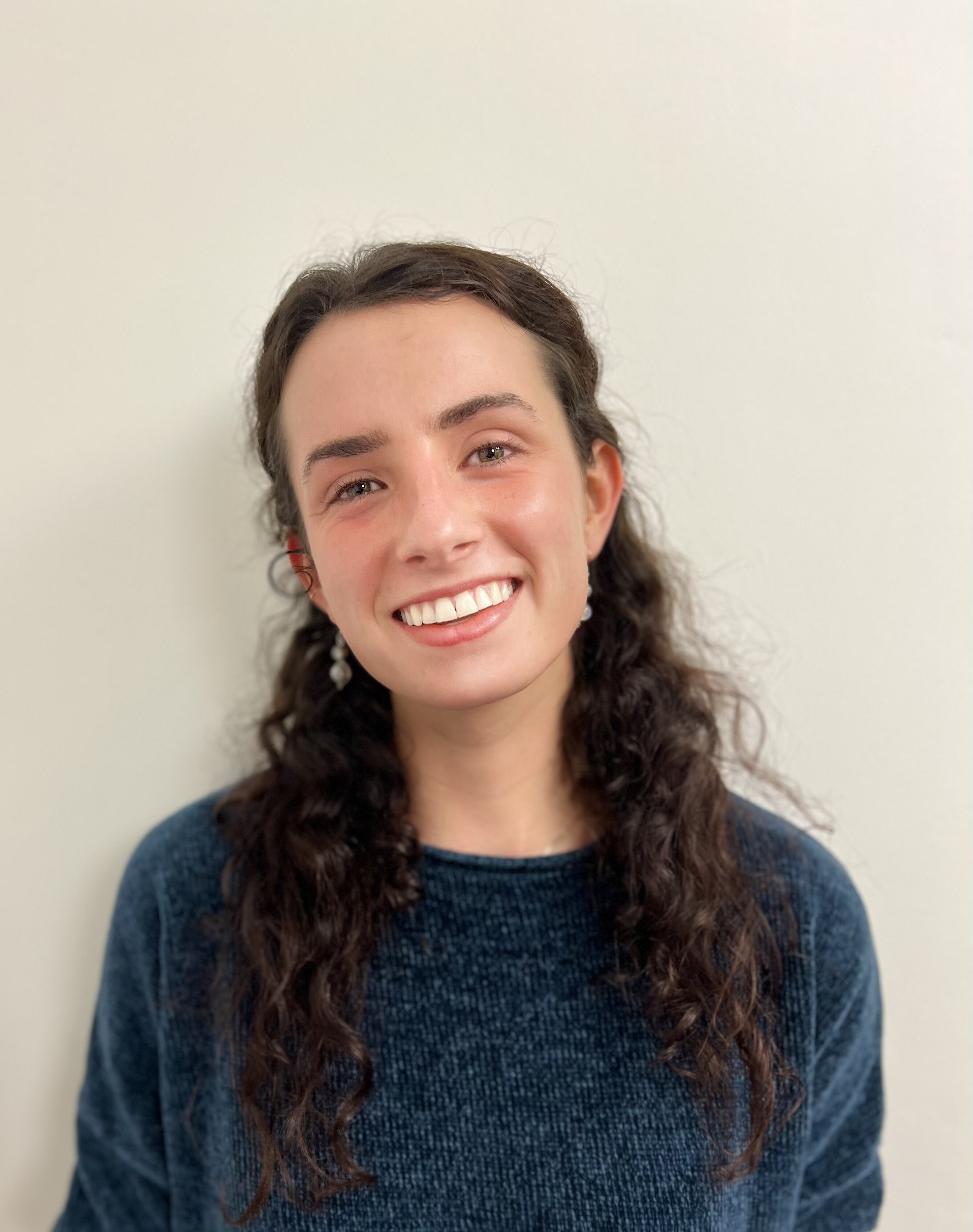
Julia Weiss
- Scholar
- United States
- 2024 PhD Plant Sciences
- Darwin College
Our planet is undergoing simultaneous transformations, with climate change, habitat degradation, pollution, invasive species, disease, and overexploitation posing significant threats to the environment. To truly grasp the impact of these pressures on species, it is essential to delve into their long-term implications and understand how they synergistically interact and cascade within an ecosystem. These are questions that have fascinated me since my undergraduate degree at the University of Michigan. My research in India, where I collaborated with Professor Trevor Price at the University of Chicago, examined the effects of land use change on avian communities and morphology. During my master’s degree at the University of Edinburgh, I studied a different environmental stressor - microplastic pollution. I investigated its interplay with water temperature, aiming to understand how warmer oceans might influence microplastic uptake in sponges. At Cambridge, I will pursue a PhD in Plant Sciences under Professor David Edwards. I will be studying avian communities in Borneo to unravel temporal changes within logged and pristine forests and assess how climate change might exacerbate the impacts of land degradation.
Previous Education
The University of Edinburgh Marine Systems and Policies 2021
University of Michigan Ecology Evolution Biodiversity 2019








